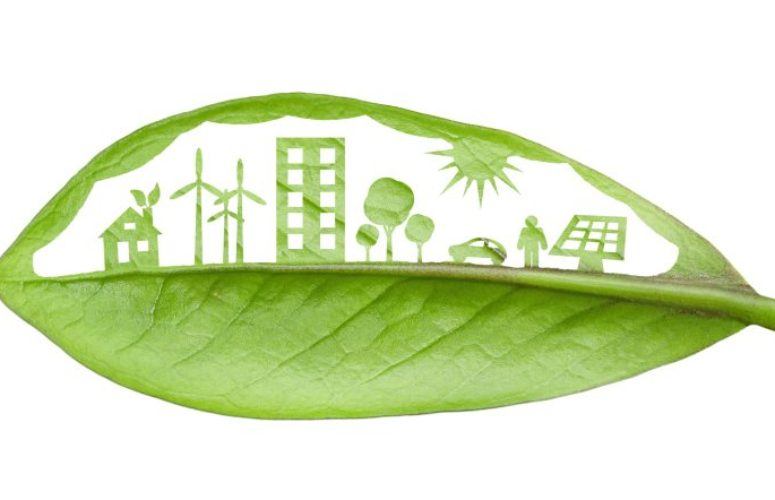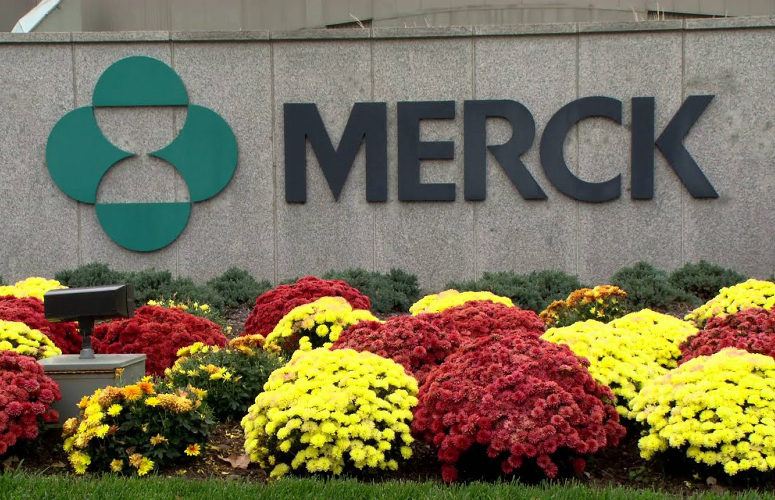
Rules Adopted for Returning NJ to RGGI
On Jun 17, 2019Gov. Phil Murphy announces that the New Jersey Department of Environmental Protection (DEP) has formally adopted two rules returning New Jersey to the Regional Greenhouse Gas Initiative (RGGI).
The first rule, the Carbon Dioxide Budget Trading rule, establishes the mechanisms for rejoining RGGI and sets the initial carbon-dioxide cap for the state’s electricity generation sector at 18 million tons in 2020. New Jersey’s carbon dioxide budget will decline by 30 percent through 2030, with other adjustments that are standard to all member states. The model used to develop the New Jersey carbon budget only considers emissions from currently operating electric generating facilities. Through a combination of RGGI’s required carbon-dioxide reductions and Governor Murphy’s aggressive renewable energy goals, the Department of Environmental Protection projects that the state’s greenhouse gas emissions will be 11.3 million tons by 2030.
The second rule, the Global Warming Solutions Fund rule, establishes the framework for how the DEP, the New Jersey Economic Development Authority, and the New Jersey Board of Public Utilities will implement a system to spend proceeds from RGGI carbon-dioxide allowance auctions, with an emphasis on projects that will benefit environmental justice in certain communities.
The DEP adopted the rules with its publication in the New Jersey Register. In the coming months, New Jersey will work with RGGI to ensure our participation in the first auction of 2020.
“Not only is our coastline at risk from global warming, so are our densely populated urban areas and communities that are susceptible to river and stream flooding,” said New Jersey Department of Environmental Protection Commissioner Catherine R. McCabe. “While New Jersey has one of the cleanest electric generation portfolios in the country, resuming participation in RGGI provides the impetus for even further carbon dioxide reduction and is an important component of our comprehensive plan to address climate change.”
Meanwhile, the New Jersey Business & Industry Association (NJBIA) has opposed rejoining the RGGI, saying that it represents a carbon tax on ratepayers leading to higher energy costs. Based on various reports, the association also says New Jersey has lower carbon emission rates than most (7 of 9) RGGI states and has the lowest carbon emission rates on the PJM electric grid.
To access more business news, visit NJB News Now.
Related Articles:





